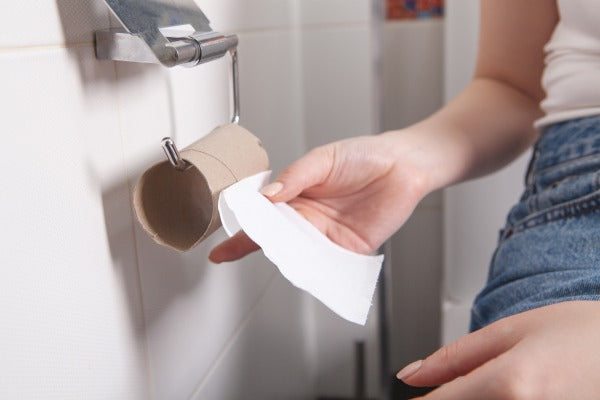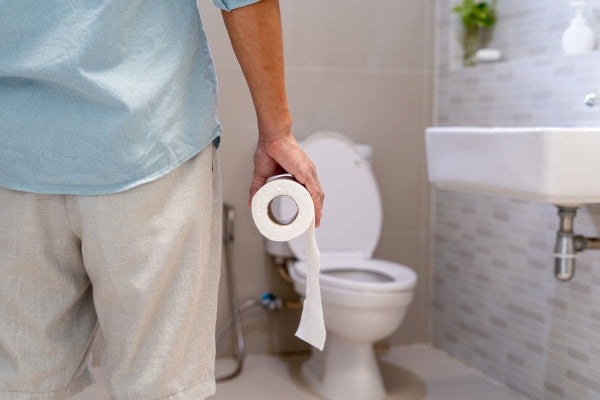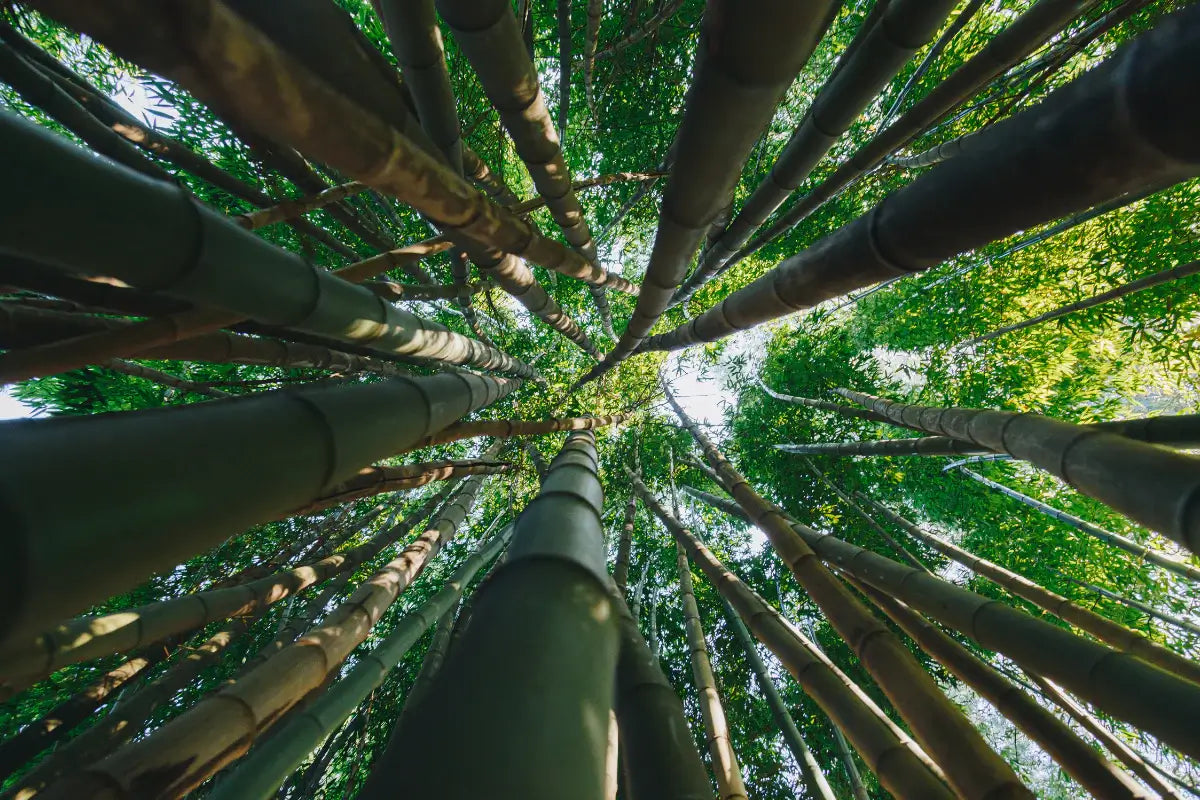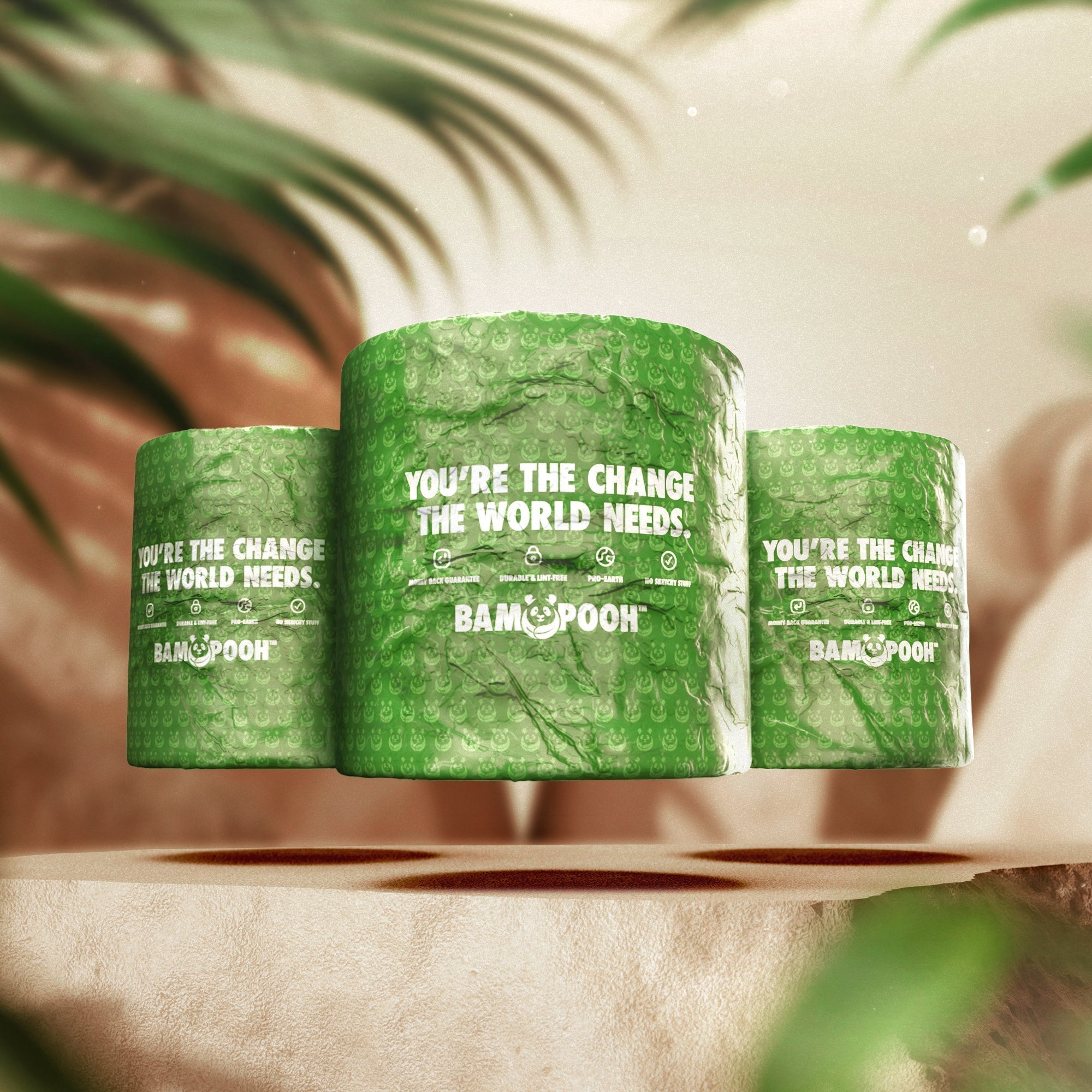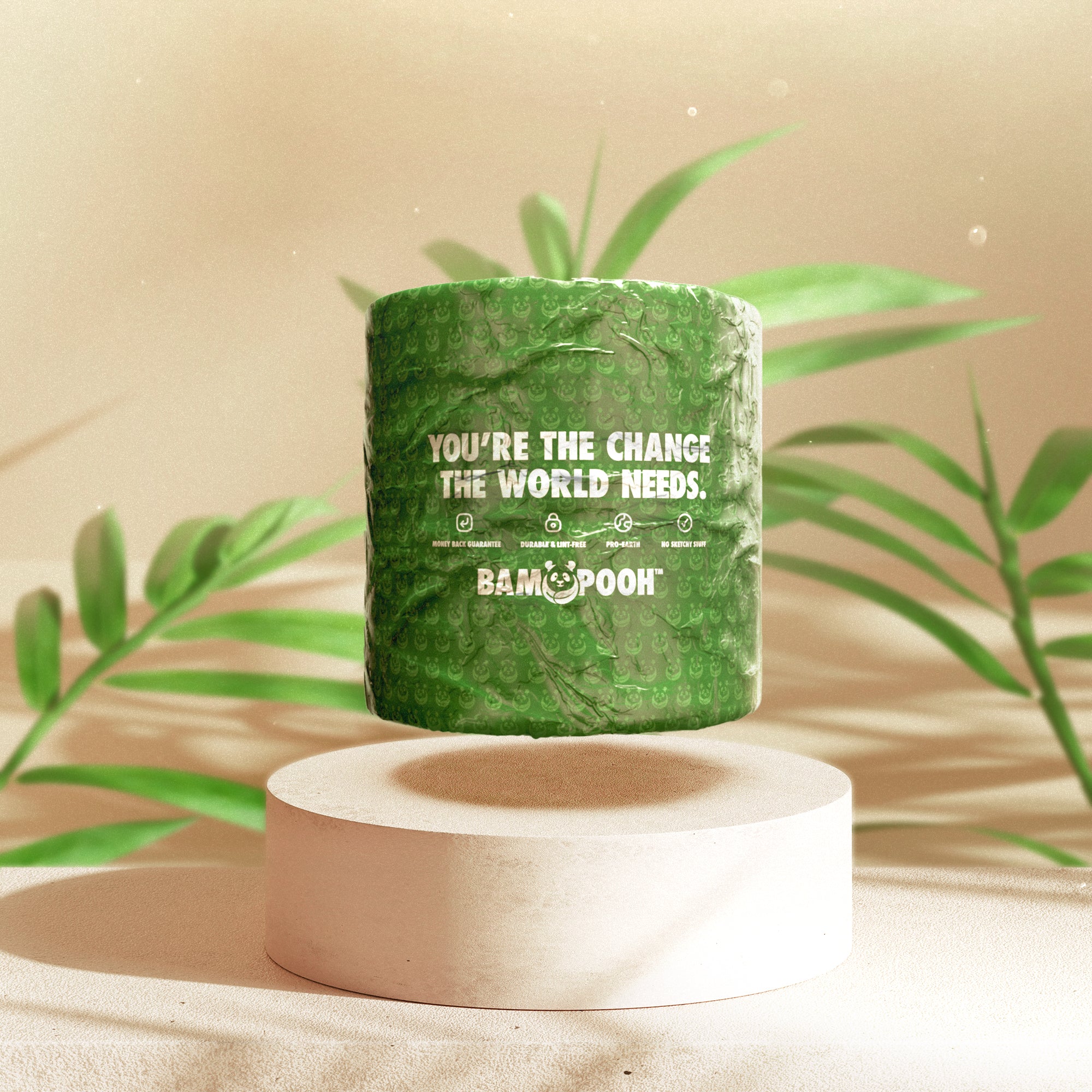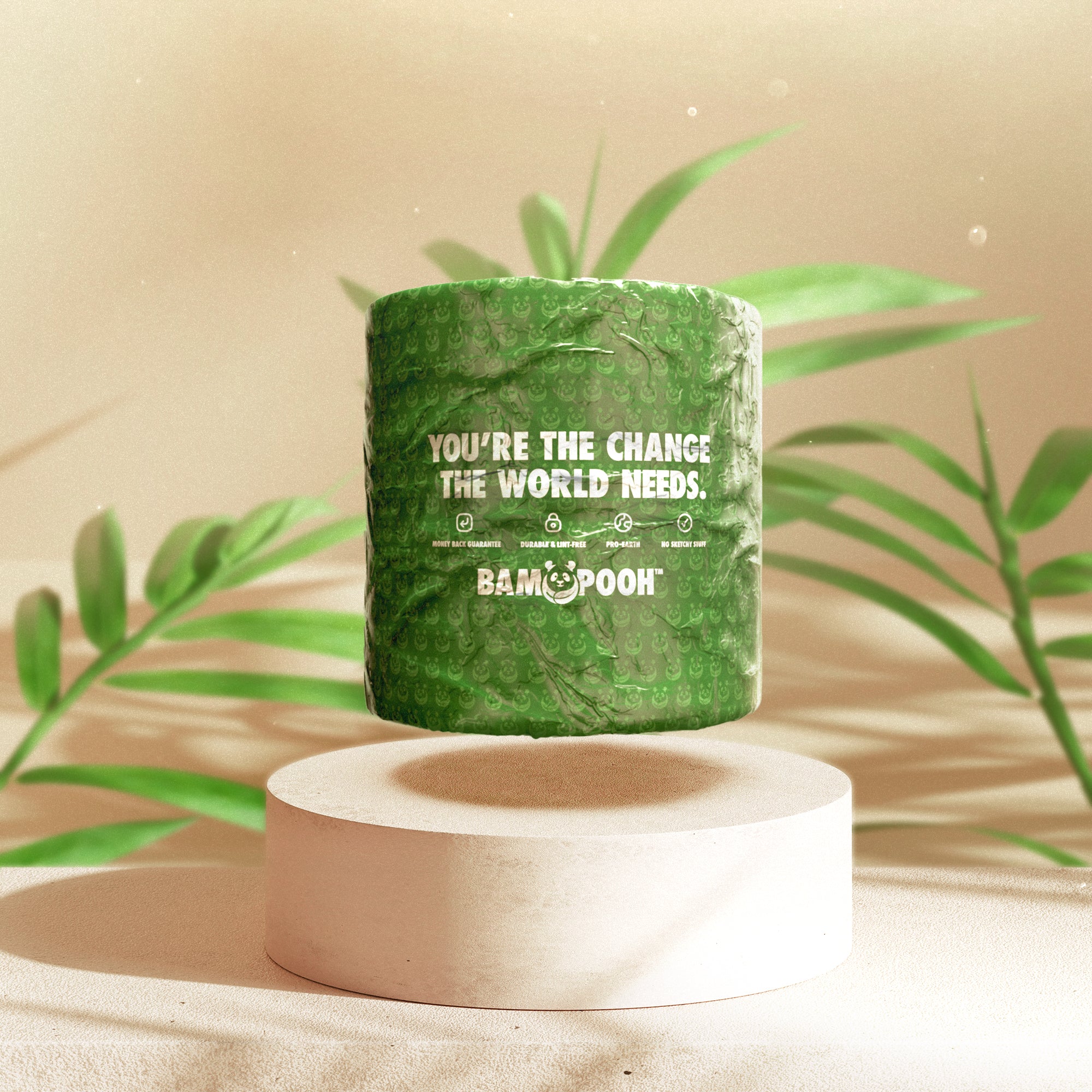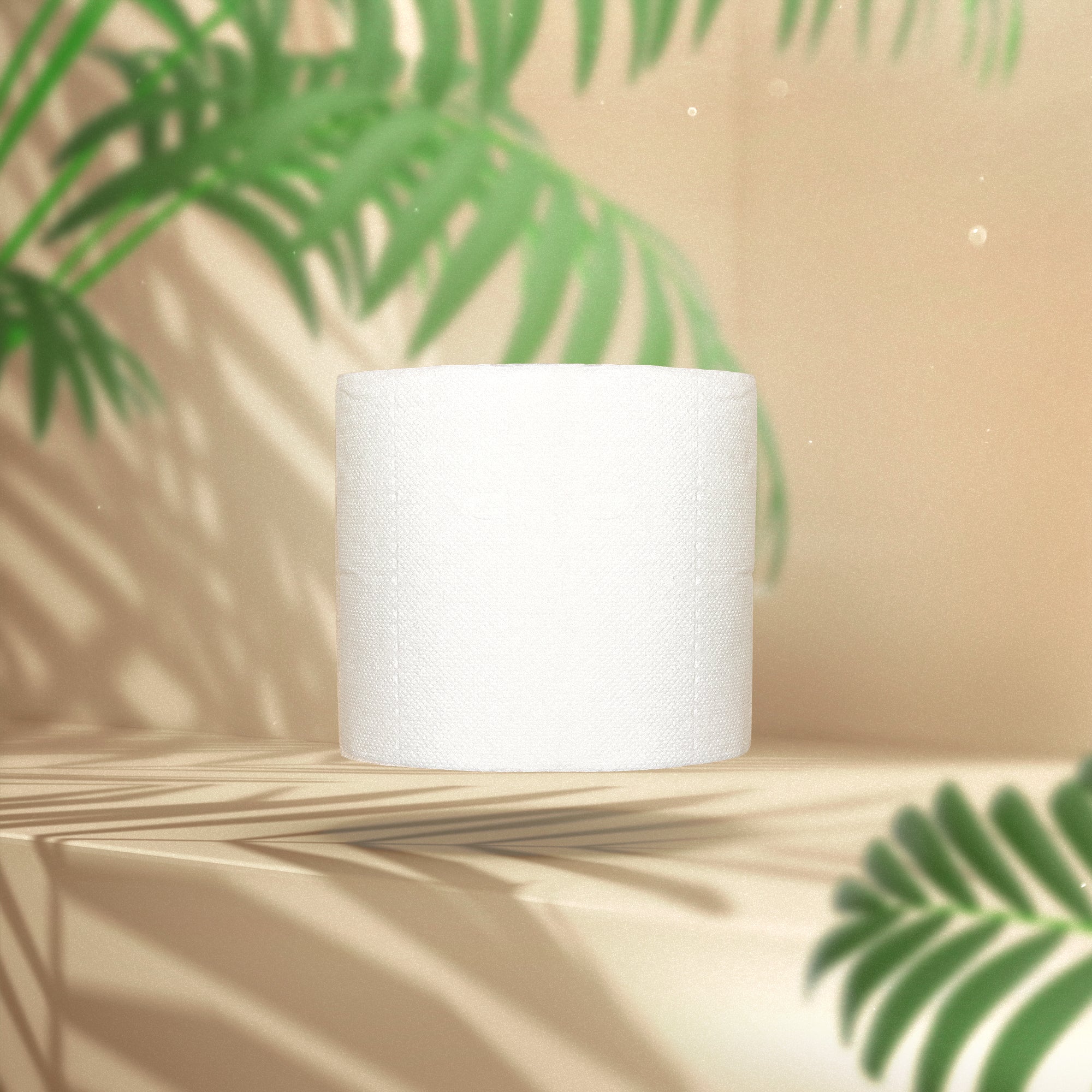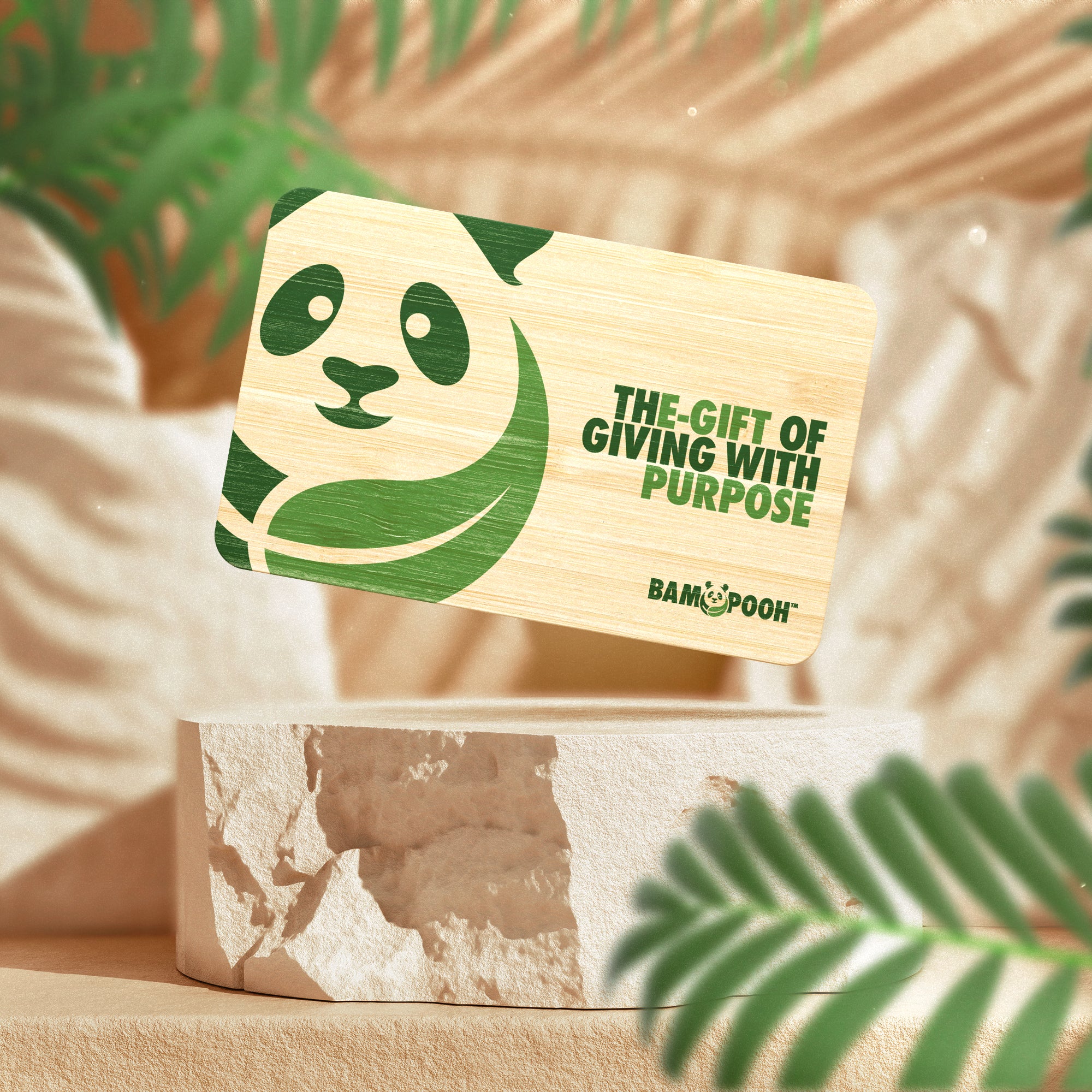Every day, we make choices that may seem insignificant but cumulatively have a profound impact on our planet. One such choice revolves around an essential yet often overlooked product - toilet paper. With the increasing need for more sustainable and eco-friendly alternatives, bamboo toilet paper has emerged as a promising option. But does switching to bamboo toilet paper imply we'll use less? The answer lies in one key property: absorbency. This comprehensive guide will delve into why Bampooh's bamboo toilet paper, due to its superior absorbency, may indeed result in less usage, and what this means for the environment.
Why Toilet Paper Absorbency Matters
When it comes to toilet paper, absorbency isn't just about performance; it's also about efficiency. Highly absorbent toilet paper requires fewer sheets to do the same job, leading to less usage over time. This reduction in usage can have multiple benefits - from cost savings for the consumer to decreased environmental impact, particularly when we choose sustainable options like bamboo toilet paper.
But what gives toilet paper its absorbency? The answer lies in its material and the way it's manufactured. Toilet paper made from materials with natural absorbency tends to be more effective. Moreover, the process of transforming these materials into soft, absorbent sheets of toilet paper involves steps that can enhance or reduce this natural absorbency.
Bamboo vs. Traditional Toilet Paper
In the quest for superior absorbency, bamboo stands out as a star performer. It's not just a matter of replacing one type of pulp (wood) with another (bamboo). Bamboo fibers possess certain properties that make them naturally more absorbent than traditional wood fibers.
Bamboo fibers are longer and stronger, which contributes to a better absorption capacity. Moreover, they have a hollow structure, which allows for better fluid uptake. When processed into toilet paper, these fibers retain their natural absorbency, resulting in a product that effectively absorbs more, thus reducing the number of sheets you need to use.
Traditional toilet paper, on the other hand, is often made from shorter wood fibers. These fibers, while absorbent, don't have the same capacity for fluid uptake as bamboo fibers. Thus, even with the same number of plies, bamboo toilet paper tends to be more absorbent than its traditional counterparts.
How Using Less Toilet Paper Benefits the Environment
Every roll of toilet paper has an environmental footprint. From the trees cut down to make traditional toilet paper to the water and energy used in its production and transportation, the environmental cost of toilet paper is substantial.
By using less toilet paper, we can significantly reduce this environmental impact. Less toilet paper means fewer resources used in production and less waste generated at the end of its lifecycle. This reduction becomes even more meaningful when we choose bamboo toilet paper, which is made from a highly renewable resource and decomposes more quickly than traditional toilet paper.
Bampooh's Bamboo Toilet Paper
When it comes to balancing absorbency and sustainability, Bampooh's bamboo toilet paper leads the pack. Bampooh has honed its production process to maximize the natural absorbency of bamboo fibers, resulting in a product that delivers on performance while reducing environmental impact.
By choosing Bampooh's bamboo toilet paper, you're not just opting for a soft, luxurious bathroom experience. You're also choosing a product that is highly absorbent, meaning you'll likely use less and, in doing so, contribute to a more sustainable planet.
Testimonials & Reviews
It's one thing to discuss the theoretical benefits of bamboo toilet paper, but hearing from real-life customers who've made the switch brings a whole new perspective. Many users of Bampooh's bamboo toilet paper have discovered they're using less, and they are thrilled about it.
For instance, John from Seattle said, "I never thought I'd be excited about toilet paper, but here we are. Since switching to Bampooh's bamboo toilet paper, I've noticed we're using less but still getting the same level of cleanliness. Plus, it's soft and gentle on the skin. It's a win-win for us and the environment."
Similarly, Emily from Austin shares, "Bampooh's bamboo toilet paper is impressively absorbent. We're a family of four, and we've seen a noticeable reduction in the number of rolls we go through in a week. And knowing we're making a more sustainable choice makes it even better."
These testimonials reflect the experiences of many who've switched to bamboo toilet paper, reinforcing the idea that thanks to its superior absorbency, bamboo toilet paper can indeed help reduce usage.
Conclusion
In conclusion, the answer to the question, "Do you use less bamboo toilet paper?" is a resounding yes. Thanks to its superior absorbency, bamboo toilet paper, and specifically Bampooh's bamboo toilet paper, ensures that you use less per visit, making it a more sustainable and eco-friendly alternative to regular tree-based toilet paper.
By choosing bamboo toilet paper, you're choosing a product that delivers on performance while aligning with a more conscious, sustainable lifestyle. So, if you're looking to make the switch, consider the benefits of using less and maximizing absorbency with Bampooh's bamboo toilet paper. After all, sustainability is not just about big changes, but also about the small choices we make every day - like choosing the right toilet paper.


